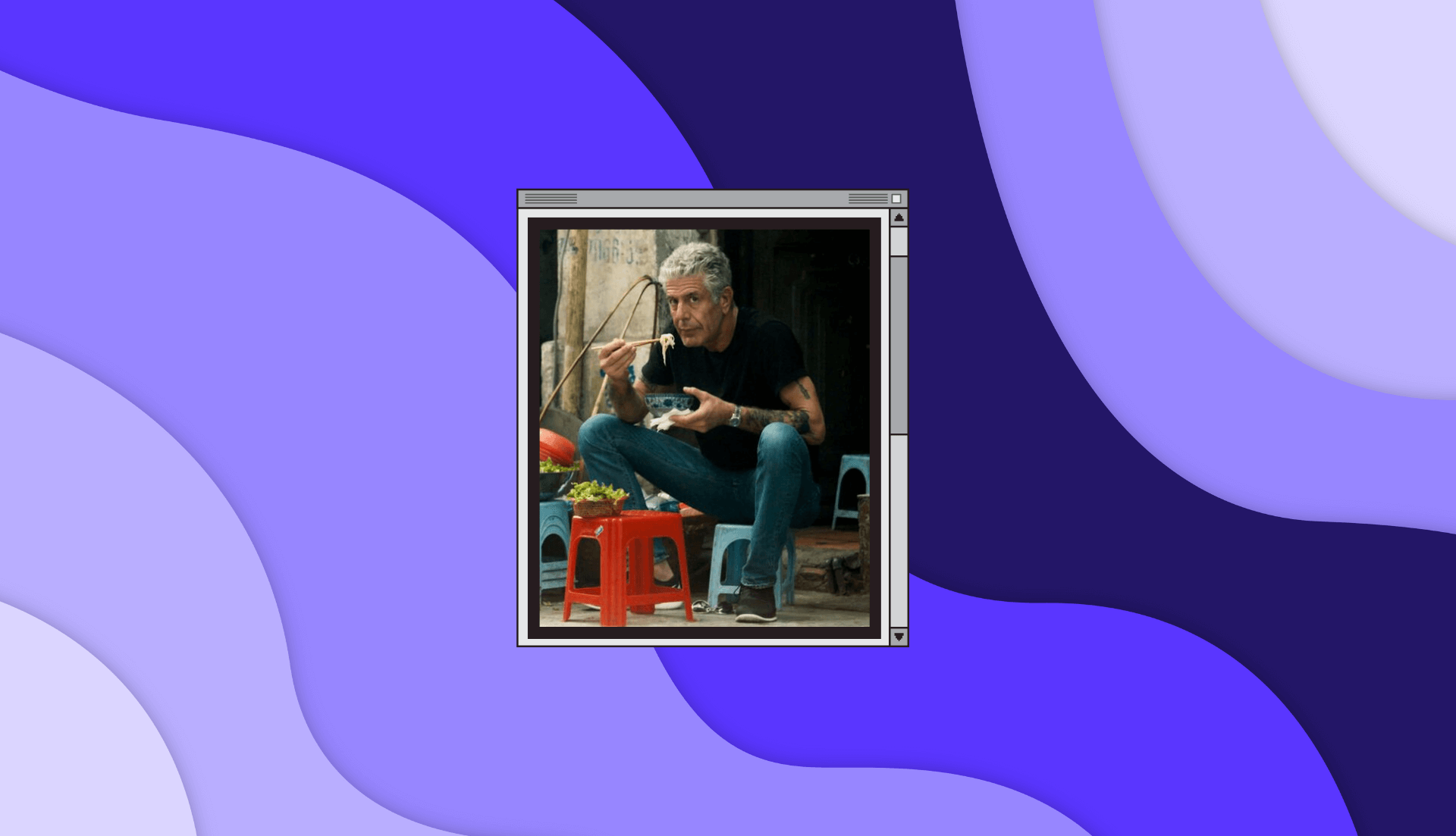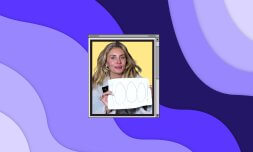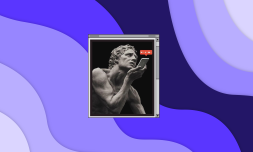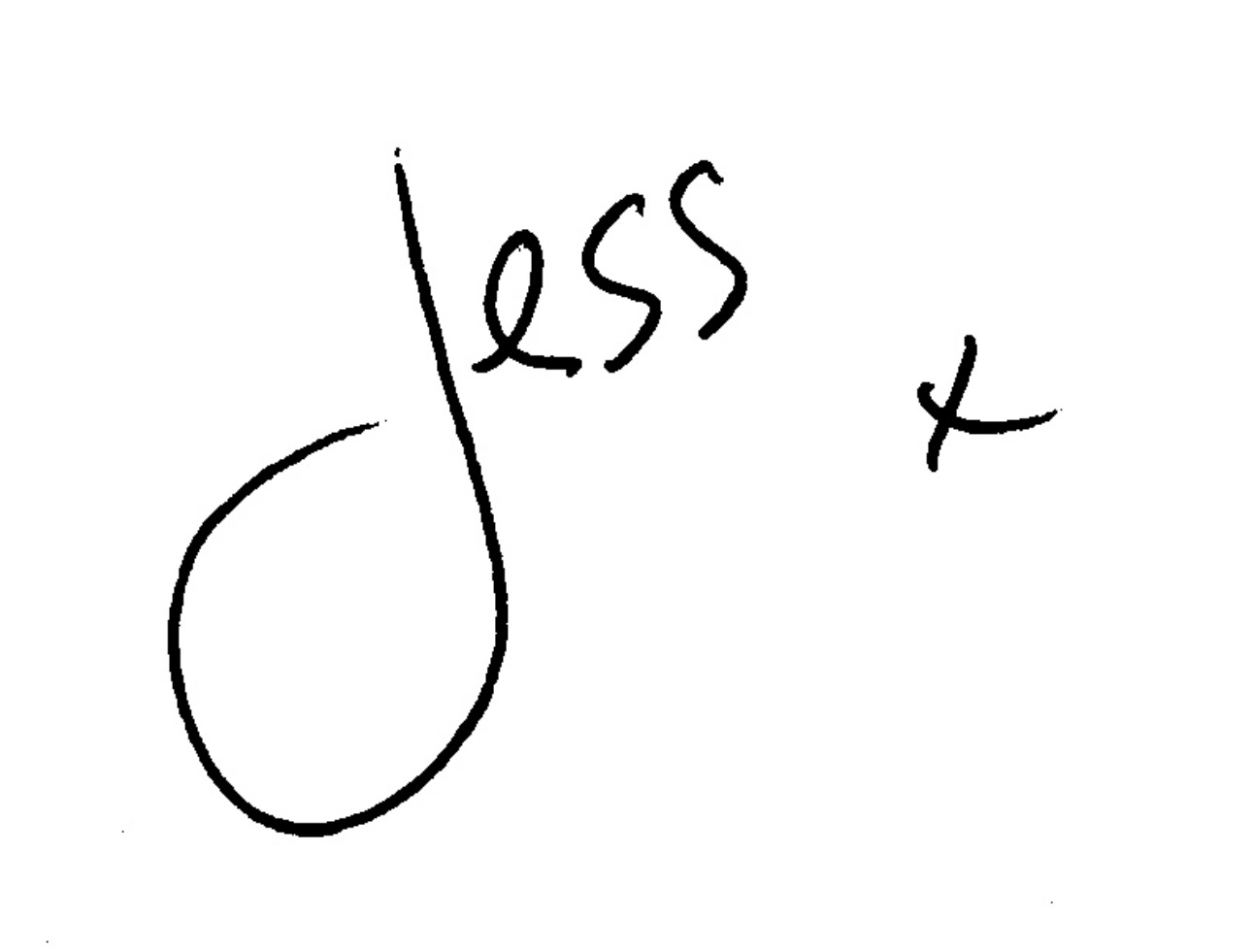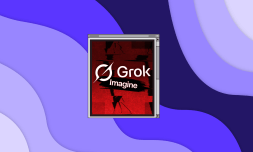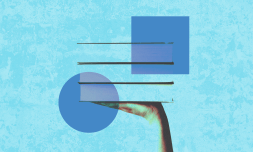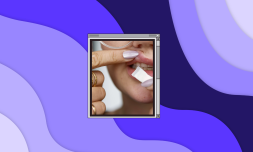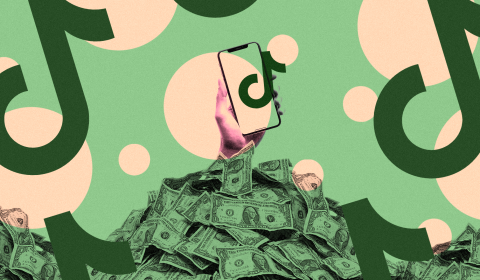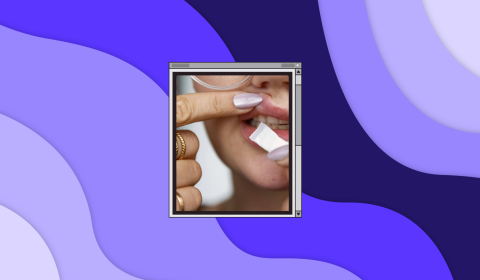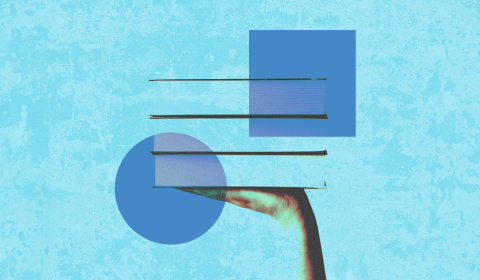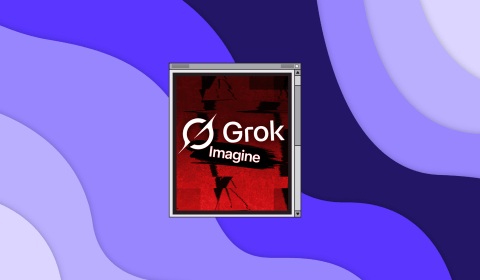you’re in for a wild ride
Beyonce finally won album of the year. Sabrina Carpenter’s stage presence is insane considering she is so smol. Chappell Roan criticised the head hunchos of the music industry while accepting her first major award from them. The future of the entertainment world – and all its award shows – looks to be bright.
Of course, we’re not only talking about the Grammy’s in this week’s edition of the newsletter. What do you take me for?!
We’ve got the scoop on the Michelin Guide’s fight to stay relevant, parents who still take recreational drugs, how ADHD impacts life expectancy, and how Spotify changed the music industry in unexpected ways.
Let’s dive in.
![]()
🏆 Culture
Beyonce was always too black for the Grammys – rolling stone
This year’s Grammys has been called ‘best awards show in years’ and one that has ushered in a new generation. Perhaps Beyoncé finally scooping up the Album of the Year award – the one she’s been after all along – feels like the turning of a page. The Grammys is notorious known for being institution dominated by white traditionalism, and as Rolling Stone writer Mankaprr Coneth points out, Beyoncé was only given the top prize when she spoke to the academy in a language it could understand. “Country music has Black roots but a white face, and by taking it head on, the Recording Academy finally saw themselves in her,” writes Coneth. Congrats, Bey.
Michelin Guide competes with influencers to be top tastemaker – the times
Has the Michelin Restaurant Guide lost its credibility? Well, not really, but it has definitely had to rapidly adapt to a world where recommendations from food influencers and travel content creators are becoming king. In *this economy* people are more interested in getting good food on a dime rather than eating at fine dining restaurants. This new foodie culture has driven the Michelin Guide to drop its stuffy demeanour to become more inclusive of different types of foods (say bye to exclusively haute cuisine spots) and to drop the focus from how (and where) dishes are presented, to draw attention to how they’re taste.
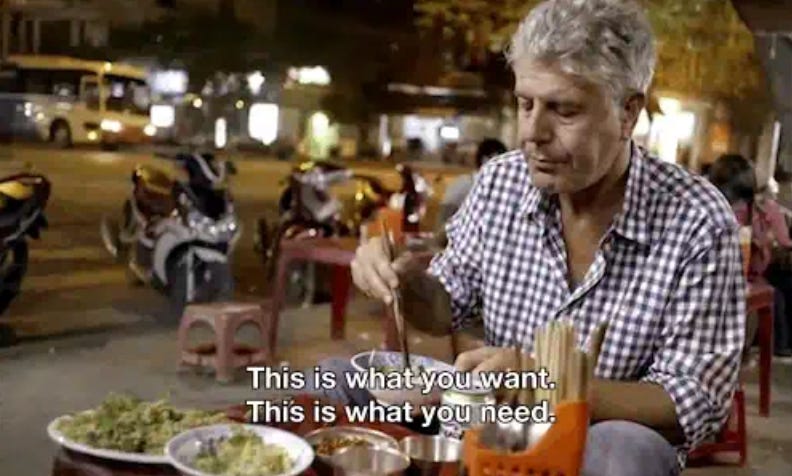
🍄 Society
While the contents of this story admittedly sounds like serious white people activities, I had to highlight it anyway. I mean who would think Business Insider would be normalising white-collar parents tripping balls on the regular? New research shows a growing number of parents are getting high to ‘stay sane’ amid the demands of parenthood. By continuing to recreationally use weed, mushrooms, LSD, cocaine, and MDMA (when babysitters have been organised, obviously) they’re hoping to send their kids a better message than “just say no.” Many hope to show their kids how to safely experiment with drugs if/when the time comes, including the amounts they ingests and where they sources their product. I mean… I get it and I don’t.
Are we steamrolling towards the apocalypse? – huck mag
Yes, things feel bad. But trust me (or rather, Emma Garland from huck), they always have. The Doomsday Clock just edged one second closer to midnight, which may or may trigger a deep feeling of dread within your soul. But when we’re so overloaded with horrible news thanks to the 24 hour news cycle, could you blame anyone if it didn’t? “Simply put: it’s hard to get an accurate read on how bad things actually are while being told they are really bad all the time,” writes Garland. This article explores how the media has always fixated on the negative… and how we can all resist the slippery slope into hysteria.
❤️🩹 Health
ADHD’s sobering life expectancy numbers – the atlantic
You’d have to be living under a rock to not know that ADHD diagnoses have been on the rise and that such prevalence has been commonly met with dismissiveness. But perhaps we shouldn’t be. Though no one dies from ADHD itself, its symptoms (concentration issues, emotional instability, memory issues, and impulsivity) can touch nearly every aspect of life. Researchers have long known that people with ADHD are more likely to engage in risky behaviours and that they are at higher risk of depression, anxiety, and suicide. All of these risks can chip away at a person’s life. The hope is that early diagnosis can help disentangle a serious condition from the frenzied realities of modern life. But first, we need to form a new perspective that abandons the idea that it can be outgrown.
Lung cancer diagnoses on the rise among never-smokers worldwide – the guardian
Think lung cancer is only for those who smoke cigarettes in the modern day? That’s simply not the case anymore. The proportion of people being diagnosed with lung cancer who have never smoked is increasing, and the World Health Organisation says air pollution is a key factor. Yep, we’ve basically regressed back to industrial times. In fact, non-smoking related lung cancer is now estimated to be the fifth highest cause of cancer deaths globally with 2.5 million people diagnosed with the disease in 2022. This figure could rise due to increased exposure to polluted air, particularly air with particulate matter (PM2.5), from sources like vehicle exhaust, industrial emissions, and wildfires.
🤳 Tech
While it’s great to see young people leaning into healthier lifestyles, there “has to be some kind of limit to the amount of wholefoods and adaptogenic powders we can scarf down on a weekly basis,” as Thred writer Flo Bellinger puts it. Social media is known for only showing a highlight reel of our lives, which – in the case of What I Eat in a Day videos – means deliberately excluding processed foods and sweet treats from view. “This perpetuates a cycle of shame on those who eat in a (let’s face it) entirely normal manner,” Bellinger continues. When we hold a magnifying glass up to our eating habits and showcase them to the entire world, risk losing the joy of an everyday essential – food.
Spotify’s playlists have altered the music industry in unexpected ways – the economist
The advent and popularity of AI-generated ‘mood playlists’ is a great example of how Spotify’s 640 million active users are more than happy for the platform’s algorithms to choose what music they listen to. These playlists mash up music from different eras and places, ‘smoothing away connection, context, and novelty’. By boosting popular artists and songs, new artists struggle to earn streams. Estimates suggest that nearly three-quarters of streamed songs on Spotify are over 18 months old. More choosy music lovers will likely dig deeper to find new artists, discover niche songs from the past, and explore genres that aren’t included in the mainstream. That said, most will not. With AI-generated playlists unlikely to disappear, we could all soon be listening to the same collection of tunes in a number of year. How boring is that? And wasn’t Spotify’s original goal to improve discoverability for its users?
Recommendation
I love this video. An iconic video for an iconic song? I don’t need to say anything else.









